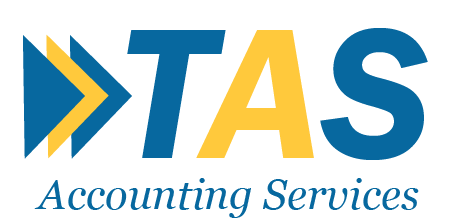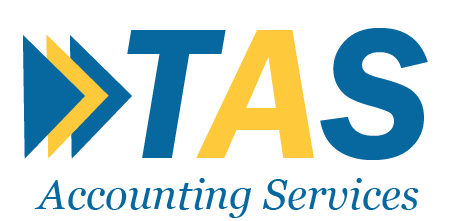Agent for Collections
The collection agent should have their own PPS number and should not send the landlord an R185 form. Instead, they keep a portion of the rent to cover taxes, which they then pay to Revenue when they file their annual tax return. Despite the fact that the assessment is made in the collection agent’s name, the tax is charged as if the non-resident landlord were assessed separately. However, the collection agent, not the landlord, will be held liable for any fees or penalties incurred as a result of incorrectly filing or paying the taxes.
Advantage of agent
For non-resident landlords, using a collection agent is a convenient option that involves no additional responsibility for your tenants and reduces the risk of penalties for non-compliance. It’s especially useful for landlords who don’t have much contact with their tenants or have multiple properties.
This option also comes with the added benefit of having someone else prepare and file your tax return on your behalf. While there is a fee for using a collection agent (unless you ask a friend), you can deduct the cost from your tax bill as explained below.
As a non-resident landlord, what taxes do you have to pay?
Let’s talk about which taxes you have to pay now that you know your options for paying taxes. While income tax is usually the most significant tax bill, as a non-resident landlord, you are also responsible for a few other taxes.
The Universal Social Charge
If your Irish income (including rental income) exceeds €13,000 per year, you must pay the Universal Social Charge as a non-resident landlord. USC currently has a standard rate of 0.5 percent for the first €12,012 and 2 percent for the next €8,675.








